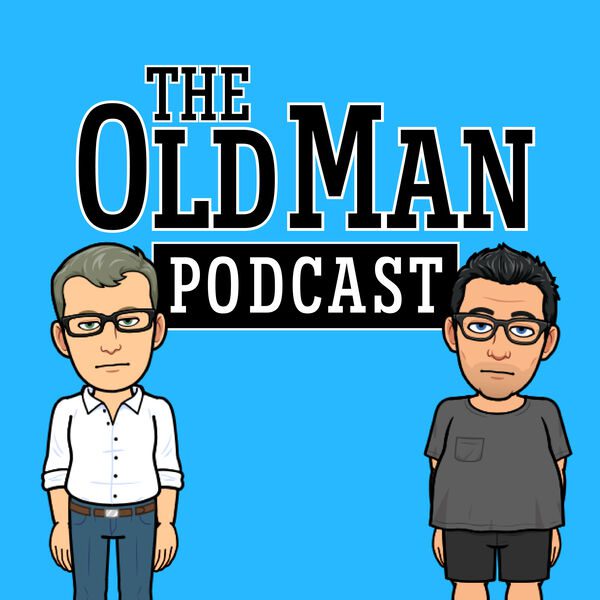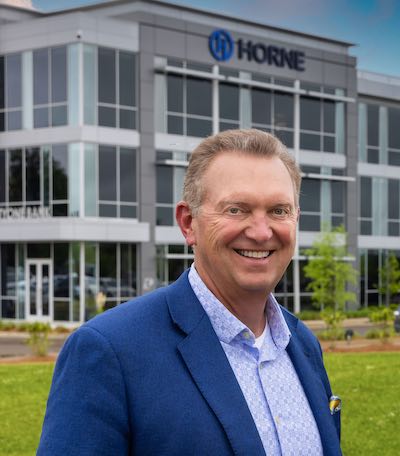The world populaltion is ageing
People worldwide are living longer, resulting in a significant increase in the proportion of older individuals in the population. By 2030, 1 in 6 people globally will be aged 60 years or over, reaching 1.4 billion. The number of people aged 60 years and older is expected to double to 2.1 billion by 2050, with 426 million aged 80 years or older. This demographic shift, known as population ageing, is now more prominent in low- and middle-income countries.
Great news! People worldwide are experiencing a significant increase in life expectancy, leading to a demographic shift towards an ageing population. People worldwide are living longer, and this incredible trend is bringing some exciting changes. By 2030, one out of every six people globally will be aged 60 years or over, reaching a whopping 1.4 billion. Fast forward to 2050, and we’re looking at a world with 2.1 billion individuals aged 60 years and older, with 426 million of them aged 80 years or more. It’s a fantastic feat, and we call it population ageing!
The shift in population distribution
towards older ages, known as population ageing, initially started in
high-income countries like Japan, where 30% of the population is already over
60 years old. However, low-and middle-income countries are now experiencing
the most significant changes in their demographic makeup. By 2050, two-thirds
of the world’s population over 60 years old will reside in low- and
middle-income countries. This shift poses unique challenges and opportunities
for both individuals and societies as a whole.
Now, let’s dive into what this means for us. Ageing is a complex biological process resulting from the accumulation of molecular and cellular damage over time. It leads to a gradual decline in physical and mental capacities, an increased risk of disease, and ultimately death. Ageing is a natural process, but
it doesn’t mean slowing down entirely. Sure, there might be a gradual decrease
in physical and mental capacity, but age doesn’t define us! Besides, with a
longer life comes more opportunities to explore new passions, pursue further
Education, and embark on new adventures. It’s like getting extra time to tick
off items from your Bucket List! However, the changes associated with ageing
are not linear or consistent, and they are only loosely associated with a
person’s age in years. Beyond the biological aspects, ageing is often
intertwined with various life transitions, such as Retirement, housing changes,
and the loss of friends and partners.
Of course, we understand that
ageing might come with some challenges too. Health conditions like hearing
loss, cataracts, or back pain may pop up, and we call them common visitors in
the ageing journey. But remember, we’re not alone! Many folks experience
several conditions simultaneously, and they’re still rocking life. Addressing these health challenges is crucial to ensuring the
well-being of older adults.
A longer life offers various opportunities
for older individuals, their families, and society at large. However, these
opportunities heavily depend on one crucial factor: health. Now, let’s talk about the secrets
to ageing gracefully. A well-balanced Diet, regular Exercise, and staying away
from tobacco are like the magic potions that keep us glowing. Oh, and the
environments we live in play a vital role too! A supportive and accessible
community can make all the difference, allowing us to keep doing the things we
love, no matter our age.
Physical and social environments play a
significant role in shaping an individual’s ageing experience. Factors like
living conditions, neighborhood, community, sex, ethnicity, and socioeconomic
status can have long-term effects on how people age. Supportive physical and
social environments that promote accessibility and safety can enable older
adults to maintain independence and pursue what matters to them despite any
decline in capacity.
As the world’s population ages, public
health responses must address the diverse needs and experiences of older
individuals. Ageism, the assumption that older people are frail or burdensome,
needs to be challenged and eliminated. Public health professionals and society
as a whole must work towards eradicating ageist attitudes, discrimination, and
policy limitations that can hinder opportunities for healthy ageing.
As we age, we want to ensure
that we’re treated with respect and kindness. Ageist attitudes that consider
older folks a burden? Not cool! We know we’re still vibrant and contributing
members of society, and we want everyone to see that too.
In conclusion, the world faces a global public health challenge as the population ages. Understanding the complexities of ageing and promoting healthy lifestyles are essential to ensure a better quality of life for older individuals. Embracing the opportunities brought by longer life spans can lead to a more inclusive and vibrant society for everyone.
So, let’s embrace this
beautiful journey of ageing together! We have an opportunity to create a world
where everyone, young and old, thrives. By understanding and addressing the
unique needs of older individuals, we can build a more inclusive and supportive
society for all. It’s time to celebrate the gift of longer lives and embark on
a journey of healthy and happy ageing!
Originally Published on https://boomersnotsenior.blogspot.com/























